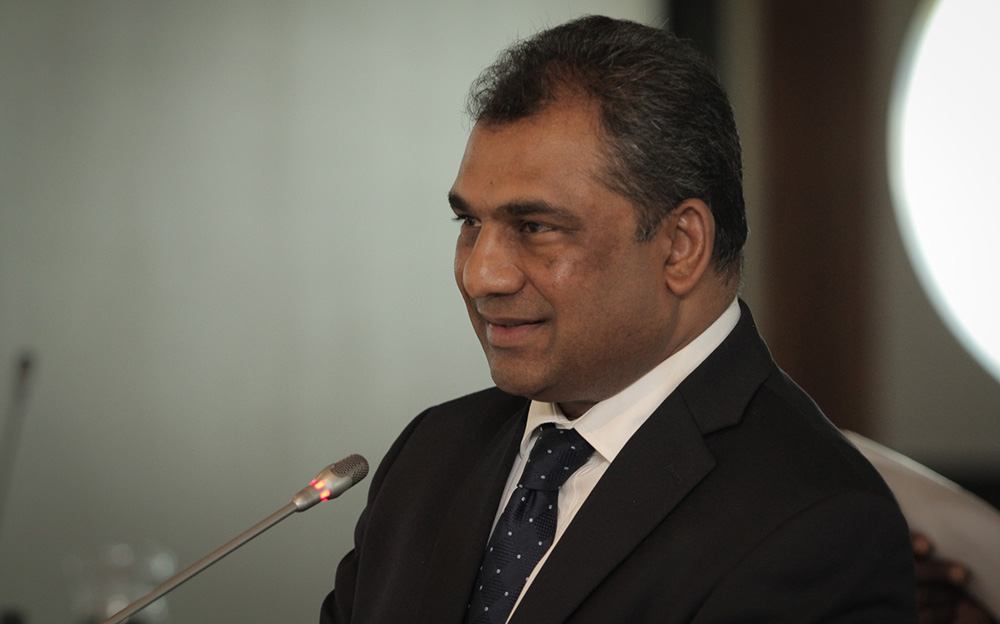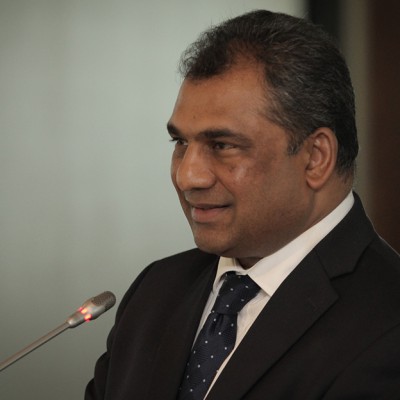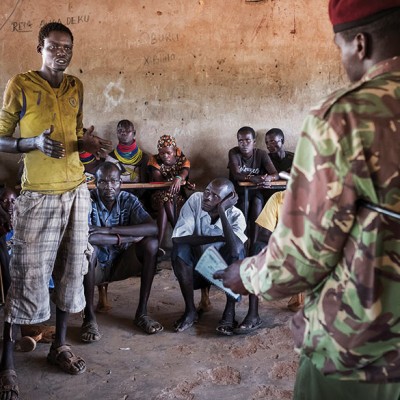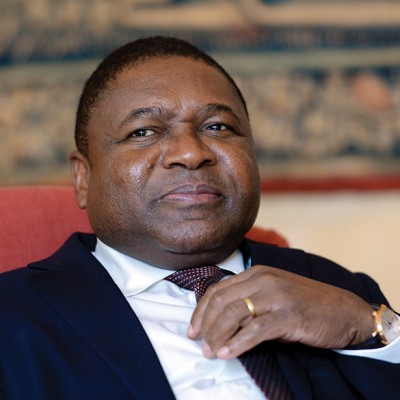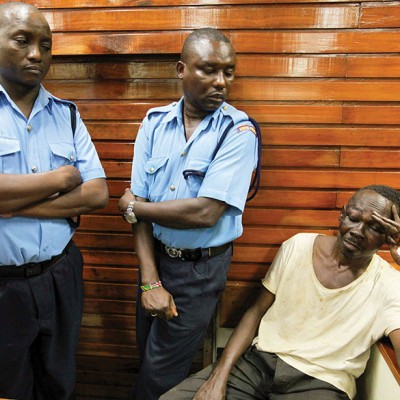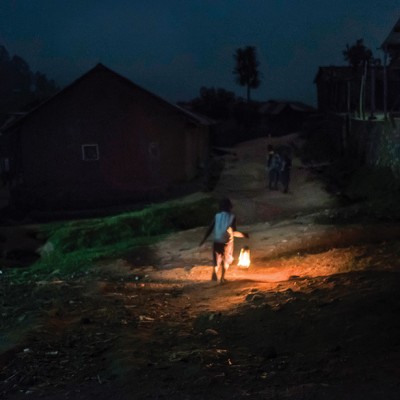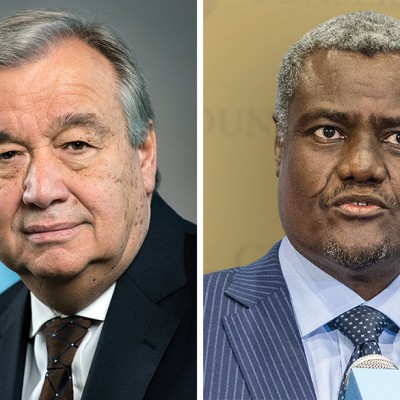Our world is at a crucial crossroads that can either result in a planet characterised by growing poverty, inequality and exploitation of the poor, or a planet characterised by a new global consciousness to build collective prosperity for all without “leaving anyone behind.”
The path we choose today can lead us to a dangerous world characterised by the dominance of predatory forces exploiting the weak, poor and middle-class people, who rely on a functioning state to mediate between those who “have” (that number is shrinking) and the rest. These predatory forces range from super-wealthy individuals or those linked to the dark forces of drugs, arms and human traffickers – driven by their interests to plunder and profit – to forces representing competing religious, racial and ethnic groups, who are driven to impose or protect their narrow group interests. In this scenario, only the wealthy few will be able to insulate themselves, by erecting high walls and employing round-the-clock security. Here, the only difference between a gated community and a gated country is scale.
Or we can choose another path, which leads to a world characterised by people who are committed to building collective prosperity and collective security. It will be based on the shared understanding that we live on one planet where technology, travel and trade are making our world smaller and spawning a new generation of globally networked citizens who are building a common identity, allowing us to shape new cultures, values, normative rules, identities and communities.
This world of collective prosperity and collective security can only evolve if we are able to build a global private sector, state and civil society coalition of like-minded people. Recently, many global movements – including the Occupy Movement, the Fair Trade Movement and the Environmental Justice Movement – have mobilised people around individual themes. There is a need now for such movements to unite people under a new global social contract that builds a shared vision for collective prosperity and collective security.
Building a new social contract means uniting people on a common vision, not dividing them on their narrow fears. My previous Conflict Trends editorial refers to a growing disenchantment with the prevailing global establishment and the rise of a populism based on fear and insecurity. This phenomenon threatened to unleash a wave of right-wing governments in the 2017 European elections. Fortunately, this did not materialise in the Netherlands, where the incumbent liberal leader saw off a challenge from the conservative right-wing leader, who canvassed on a narrow platform exploiting the fears of “indigenous” Dutch citizens. However, this victory will be short-lived unless it is converted into a movement that transcends narrow identities and unifies citizens along broader, values-driven politics.
Germany’s recent decision, as part of its G20 presidency, to launch the “Compact with Africa” programme to build African economies is a move in the right direction. Such constructive efforts should be advanced to build shared prosperity that will ensure collective security. We should be able to engage in travel, trade and tourism without fear of terrorist attacks, conflict or war.
A world based on shared prosperity – eliminating the triple challenges of poverty, unemployment and inequality – is not only desirable but is necessary for the survival of humanity. It is not a utopian dream. The world has enough resources, and there are ample innovators and entrepreneurs to grow the world economy. However, we need visionary leaders who understand how to tax those resources and redistribute that wealth to benefit society. There are many examples across the world where visionary leaders and selfless people have joined forces to build safe, secure and prosperous societies. Let’s emulate them!

